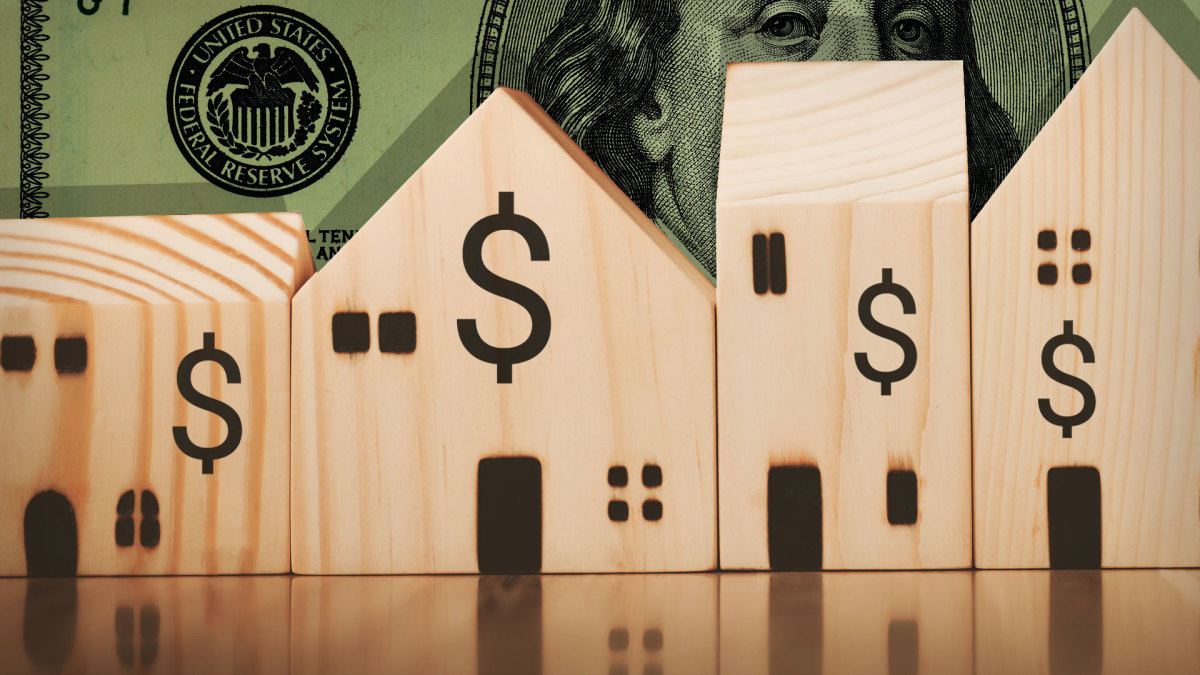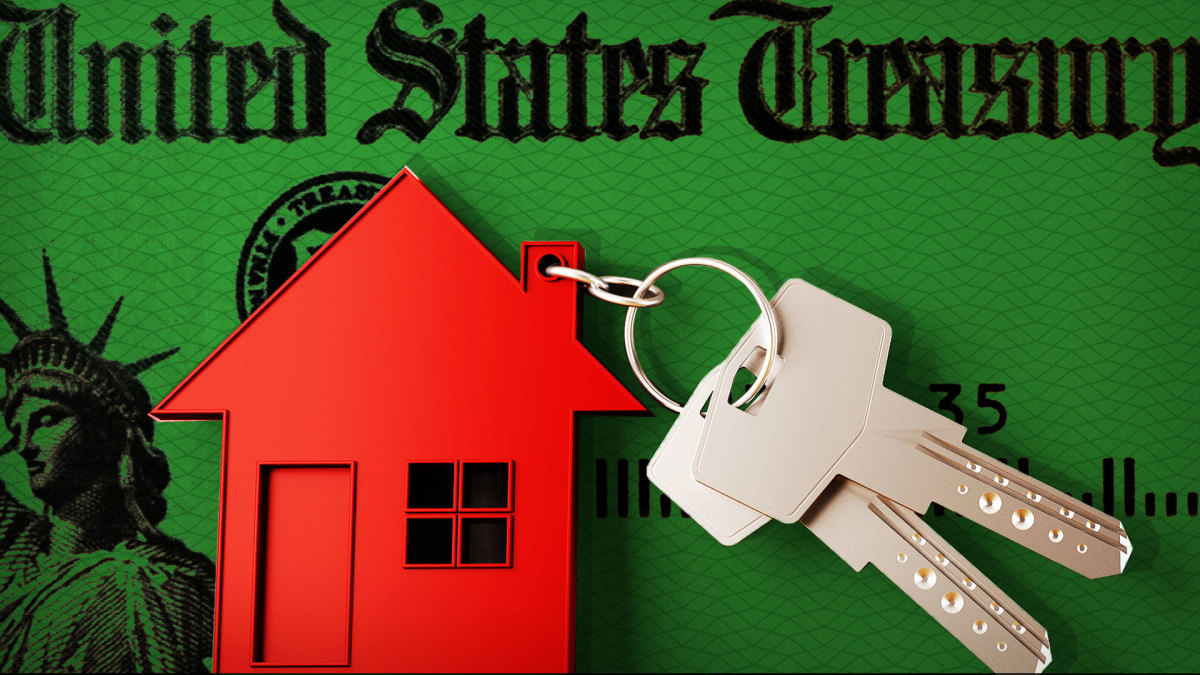
The Federal Reserve's battle against inflation has led to sky-high interest rates, likely frustrating even Chairman Jerome Powell's biggest fans.
The impact of interest rates on Treasury yields, which banks use to set mortgage rates, has made home ownership unaffordable to millions of Americans.
While home buyers could afford mortgage payments when the Fed's zero interest rate policy pushed 30-year mortgage rates below 3% in 2021, it's a different story nowadays.
The typical 30-year mortgage rate was 8% in October, and although it's fallen to 7% in the past month, it remains too high for many, especially since home prices have risen.
There's still a risk that the Fed will be forced to raise rates more, but it left interest rates unchanged on Dec. 13, likely letting some would-be borrowers breathe a sigh of relief.
The central bank also made important changes to its so-called dot plot regarding the likely path of future rates, suggesting big changes could happen to mortgage rates next year.

Shutterstock/TheStreet
The Fed's war against inflation continues
The Federal Reserve's dual mandate is to keep inflation and unemployment low.
It was executing pretty well on its mission until late 2021 when covid-era easy-money policies collided with a supply-chain debacle, causing prices to soar.
Initially, Powell argued inflation would be temporary. Unfortunately, that confidence was misplaced. As a result, the Federal Reserve was forced to play catchup, raising rates faster and more than many predicted.
Related: Analyst who correctly predicted 8% mortgage rates has a new target
The rapid rise of interest rates has proven effective at reducing inflation, but it has come at a cost. After peaking above 9% in June 2022, headline inflation, as measured by the Consumer Price Index has retreated to 3.1%. That's great news for consumer wallets, but it's been fairly disastrous for those hoping to buy homes.
Since many bought or refinanced homes when rates were near rock bottom, they've chosen to stay put rather than put their homes up for sale.
That's caused the monthly supply of houses for sale to dip, driving up prices even as mortgage rates have risen, creating a double-whammy that's forced many to scuttle plans to buy a home.
According to the National Association of Realtors, existing home prices rose 3.4% while sales fell 4.1% year-over-year in October.
Fed forecast suggests this will happen to mortgage rates
While inflation is still above where the central bank would like to see it, its retreat this year has enabled the Fed to pause raising rates since July.
If inflation continues downward, the Fed's narrative may shift from a need to keep rates higher for longer, as Powell has suggested, to cutting rates to ensure the U.S. economy sidesteps a recession.
More Real Estate:
- Elon Musk warns about a new housing crisis worldwide
- These affordable U.S. real estate markets are under the radar
- Dave Ramsey explains why now is a great time to buy a house
The Federal Reserve's Summary of Economic Projections, often called the dot plot, provides insight into how members think interest rates may evolve.
The last dot plot in September suggested one more interest rate increase this year, before two rate cuts in 2024. In the December update, members removed the likelihood of an additional increase and bumped up the number of potential rate cuts next year to three.
The Fed's dot plot isn't guaranteed, but it suggests rates will finish 2024 lower than 2023. If so, mortgage rates will likely fall alongside Treasury yields.
Banks have historically charged between a 1.5% and 3% premium to 10-year Treasury yields for mortgage loans. For example, the 10-year Treasury yield was 5% when mortgage rates reached 8% in October, and it's 7% now that Treasury yields have fallen to about 4.2%.
The Fed estimates that the federal funds rate will finish this year at 5.4% and fall to 4.6% by the end of next year. That should lower Treasury yields, causing mortgage rates to fall in 2024.
Want to turbocharge your portfolio? Learn from the investing legends and get actionable insights. Start your Real Money Pro membership today.







